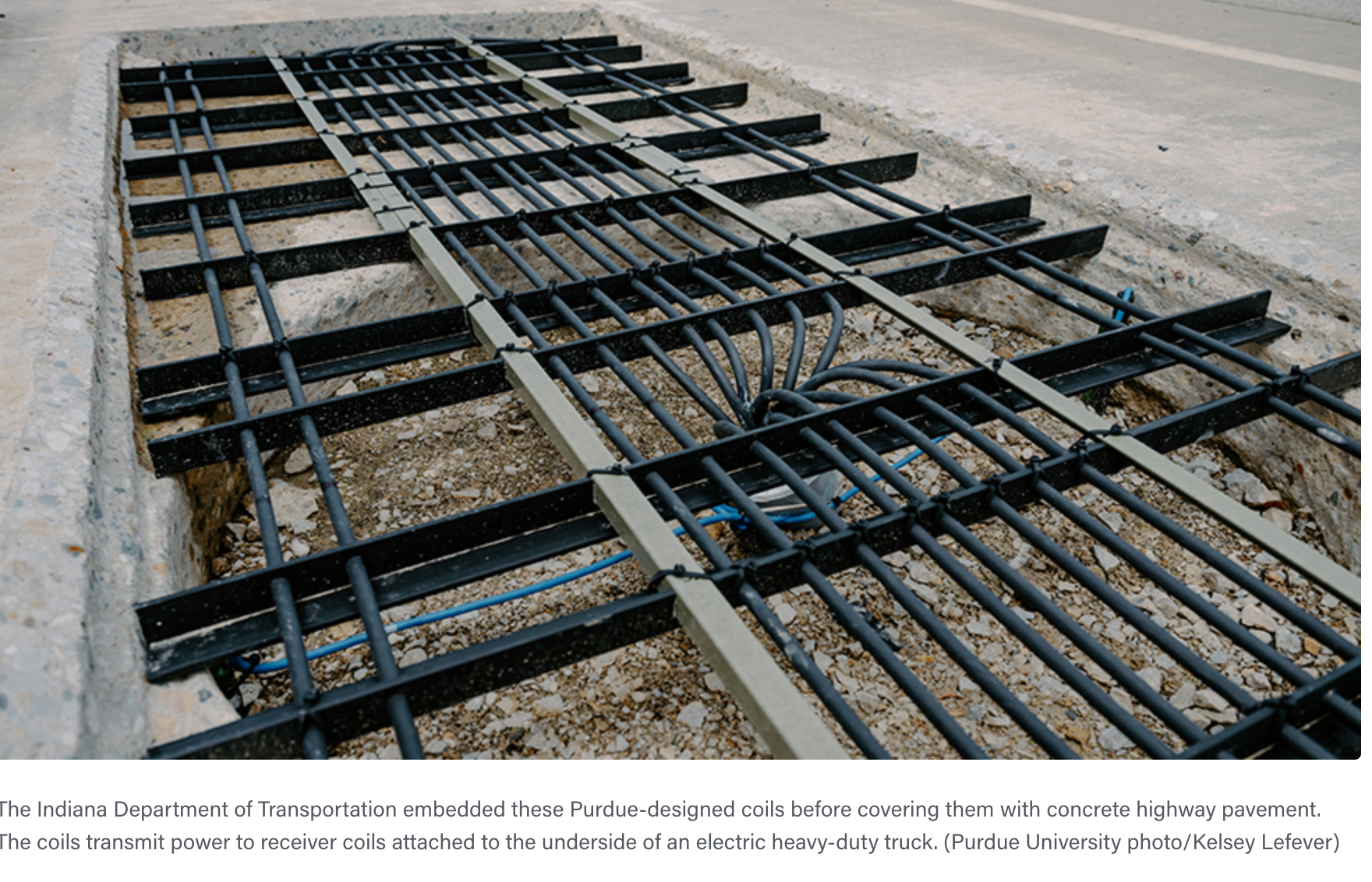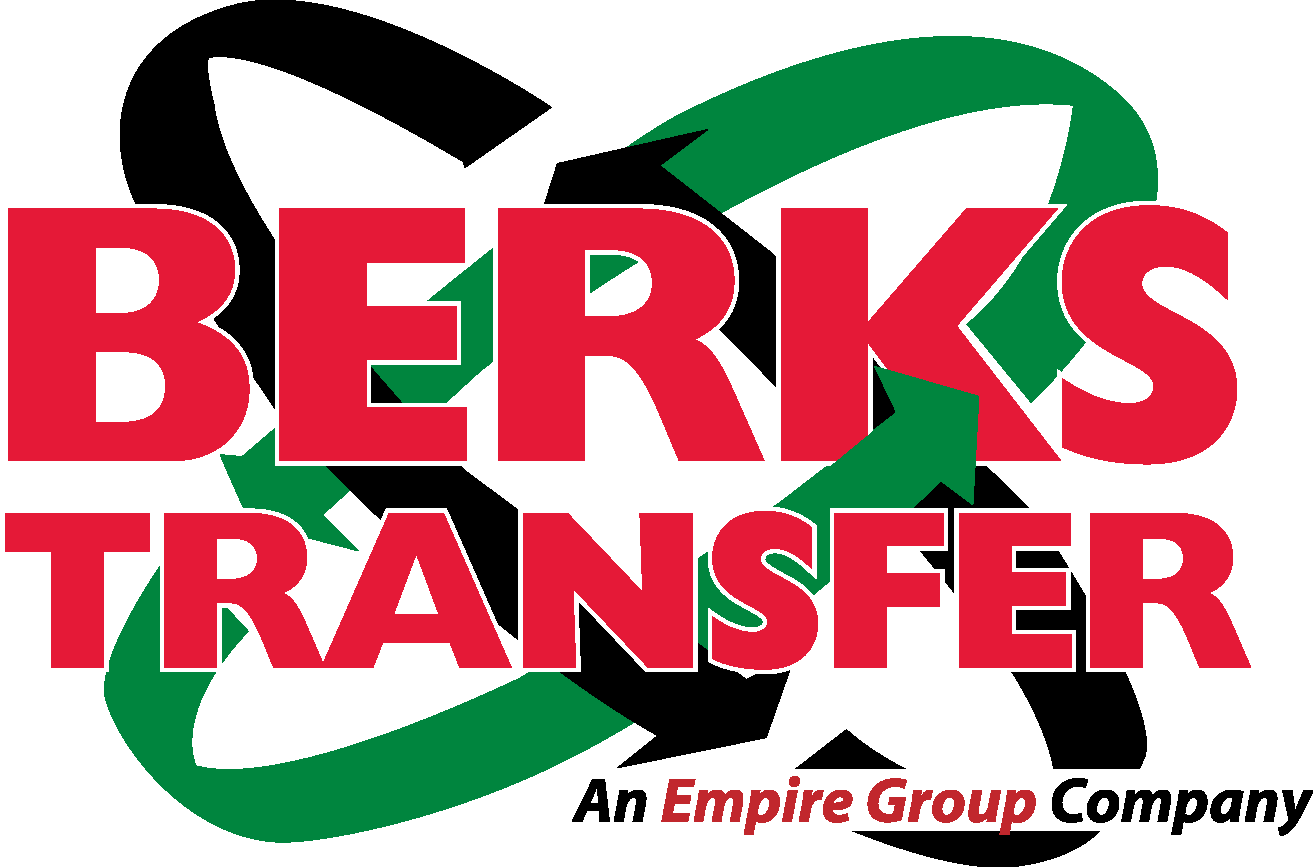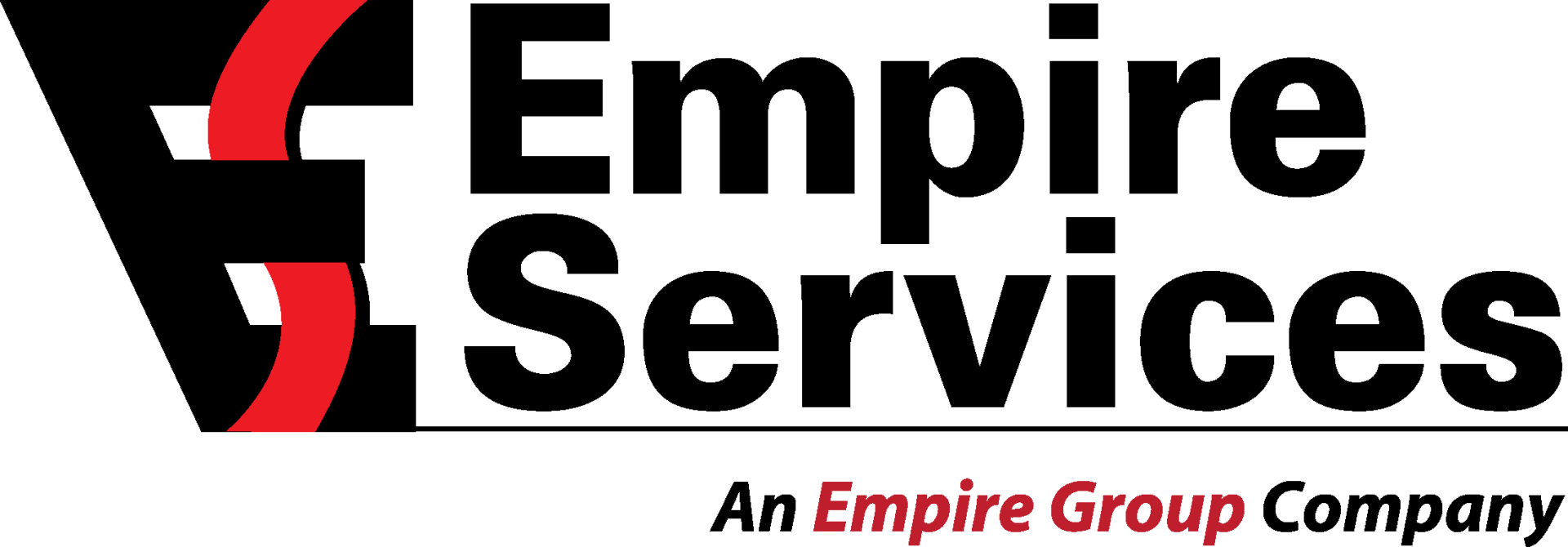Top Four Types of Fraud in the Trucking Industry

The trucking industry is the backbone of the global supply chain, moving over 70% of freight in countries like the U.S. But with big business comes big risk — and unfortunately, fraud in the trucking industry is on the rise. From cargo theft to billing scams, fraudulent practices cost trucking companies millions each year. Whether you’re an owner-operator, a logistics manager, or part of a freight brokerage, understanding the different types of fraud can help you stay ahead of the game — and safeguard your bottom line.
Let’s dive into the top four types of trucking fraud, how they happen, and what you can do to stop them.
1. Cargo Theft
Cargo theft involves stealing goods directly from a truck, warehouse, or during the transit process. Thieves may target high value loads like electronics, pharmaceuticals, or retail goods.
How it happens:
- Hijacking or unauthorized access to trailers
- Fake pickup drivers using forged documents
- Theft at unsecured parking lots
How to prevent it:
- Use GPS tracking and geofencing
- Verify driver IDs and credentials
- Park only in secure, monitored areas
2. Double Brokering Fraud
Double brokering occurs when a broker assigns a load to a carrier, who then re-brokers the load to another carrier — often without permission. In fraudulent cases, the second carrier may never get paid or the load goes missing.
Why it’s a problem:
- Loads go unaccounted for
- Insurance claims get complicated
- Damages trust between shippers, brokers, and carriers
Red flags to watch for:
- Low rates that seem too good to be true
- Inconsistent communication or last-minute changes
- New or unverified MC numbers
3. Fuel Card and Expense Fraud
Drivers or even internal employees may manipulate fuel card systems or expense reports to siphon money.
Examples include:
- Using company fuel cards for personal vehicles
- Padding maintenance or lodging receipts
- Ghost fuel-ups (claiming fuel was purchased when it wasn’t)
Prevention tips:
- Use GPS-integrated fuel cards
- Set daily limits and transaction alerts
- Audit receipts and match them with logs
4. Billing and Invoicing Scams
Scammers submit fake invoices, duplicate billing, or even altered rate confirmations to extract money from unsuspecting brokers or shippers.
Types of billing fraud:
- Phantom loads (billing for loads that don’t exist)
- Upcharging after delivery
- Duplicate invoices for the same shipment
How to prevent it:
- Implement invoice tracking software
- Cross-check BOLs (Bills of Lading) and delivery records
- Only work with vetted carriers and brokers
Stay Alert, Stay Protected
The trucking industry is a vital part of the economy — but its complexity makes it a ripe target for fraud. The cost of complacency can be high, both financially and reputationally.
By staying educated and implementing smart safety protocols, your business can stay one step ahead of fraudsters.
















